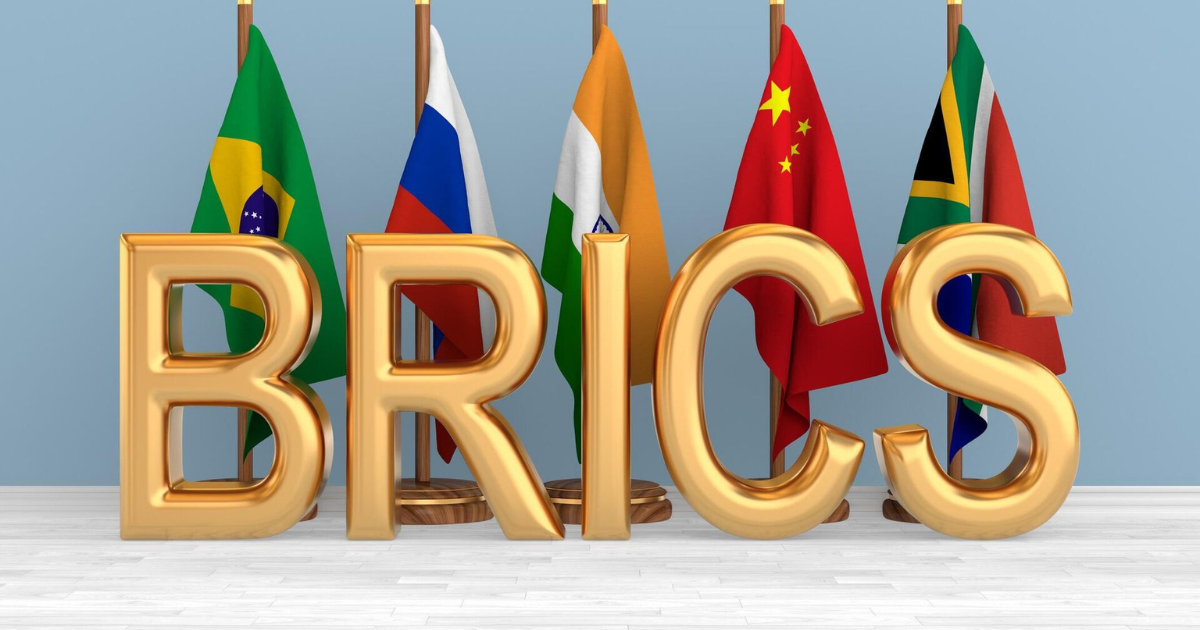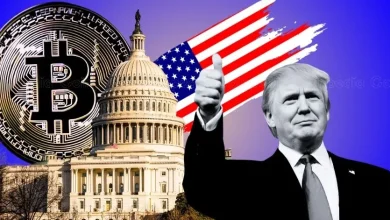
President-elect Trump’s Warning to BRICS: A Stand Against Dollar Replacement
Introduction: A Bold Stance on Currency
In a significant turn of events, President-elect Donald Trump has issued a stern warning to the BRICS nations, urging them to refrain from any attempts to replace the US dollar. The BRICS group, consisting of Brazil, Russia, India, China, and South Africa, along with several other nations, has been under scrutiny as Trump demands a commitment to uphold the dollar’s dominance.
Trump’s Demand: No New Currency
President-elect Trump has explicitly asked these countries not to create a new BRICS currency or support any other currency that could potentially overshadow the dollar. Failure to comply could result in severe economic repercussions, including 100% tariffs and losing access to the lucrative US market. In a post on social media platform, X, Trump emphasized, "The idea that the BRICS Countries are trying to move away from the Dollar while we stand by and watch is OVER."
The BRICS Group: A Brief Overview
Formed in 2009, BRICS stands as the only major international consortium excluding the United States. Its members include South Africa, Iran, Egypt, Ethiopia, and the United Arab Emirates. Over recent years, certain members, notably Russia and China, have been exploring alternatives to the US dollar. However, India has largely stayed out of this movement to establish a new BRICS currency.
Trump’s Firm Stance on the Dollar
Trump’s message is clear: there is no room for the BRICS countries to replace the US dollar in international trade. He warned that any nation attempting such a move should prepare to sever economic ties with the United States. His statement underscores the importance of maintaining the dollar’s global hegemony.
Global Reactions: Putin’s Perspective
At a recent summit, Russian President Vladimir Putin criticized the US for what he termed as "weaponizing" the dollar, calling it a strategic error. Putin noted that Russia isn’t voluntarily abandoning the dollar but is compelled to explore other options due to US-imposed restrictions.
Campaign Promises: Ensuring Dollar Dominance
Throughout his campaign, Trump pledged to impose significant costs on countries looking to distance themselves from the dollar. He threatened to use tariffs as a tool to enforce compliance, aiming to keep the US dollar as the world’s reserve currency. In a March interview with CNBC, he stated, "I would not allow countries to go off the dollar because it would be a hit to our country."
Strategies to Preserve Dollar Supremacy
Trump and his economic team have been devising strategies to penalize both allies and adversaries engaging in trade with non-dollar currencies. These measures include export controls, accusations of currency manipulation, and trade levies. Such actions are designed to discourage nations from shifting away from the dollar.
Frustrations within BRICS
Despite the dominance of the US dollar in global commerce, BRICS members and other developing countries have expressed dissatisfaction, citing America’s disproportionate influence over the global financial system. This discontent fuels the ongoing discourse about seeking alternatives to the dollar.
Economic Implications and Future Prospects
As Trump prepares for his second term, he has already unsettled global markets with threats of additional tariffs. These include a proposed 10% tariff on Chinese goods and a 25% tariff on all products from Mexico and Canada. These measures are part of a broader strategy to address issues such as illegal drug flows and undocumented migration across US borders.
Conclusion: The Global Currency Landscape
The unfolding dynamics between the US and the BRICS nations highlight the complex interplay of global economics and politics. As countries navigate the challenges of maintaining economic stability and sovereignty, the world watches closely to see how these developments will shape the future of international trade and currency. The US dollar’s role remains pivotal, but the evolving geopolitical landscape may usher in new shifts in global financial power.






